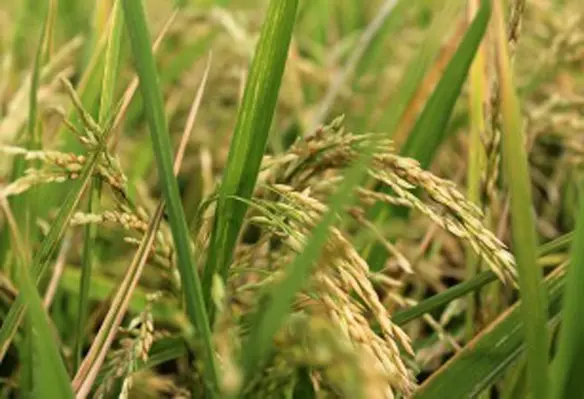A multi-country seed policy agreement that speeds up the distribution of modern rice varieties across countries in South and Southeast Asia has been signed following a meeting of agriculture ministers and representatives of nine countries at Siem Reap, Cambodia
The meeting, titled “Seeds without Borders: Regional cooperation for seed-sharing," was organised by the International Rice Research Institute (IRRI), brought together government and policy leaders from Cambodia, India, Bangladesh, Nepal, Myanmar, Sri Lanka, Thailand, Laos, and Vietnam for a multi-country dialogue on collaborative ways to improve farmer and consumer welfare through innovative agricultural technologies.
Originally signed by India, Bangladesh, and Nepal in 2014, the regional seed sharing agreement has now expanded to include Sri Lanka and the Kingdom of Cambodia, the event’s host. Further, the agreement will now expand to include other crops, in addition to rice.
Modern rice varieties such as climate-resilient varieties with greater resistance to drought or salinity, can play help vulnerable farmers achieve sustainable production.
Standard regulatory systems for new rice varieties require multi-season testing to ensure performance, pest and disease resistance and consumption quality. While these processes are important for quality assurance, the process is typically conducted independently by each country. As such, a variety released in one country is still required to go through a similar vetting process in a neighbouring country, increasing the time to market these new rice varieties.
This seed-sharing agreement enables new and better seeds to reach the hands and fields of farmers more rapidly by establishing common parameters for varietal release.
“The workshop on seed policy is timely and critical to initiate the discussion and to build a strong regional cooperation within Southeast Asia and across both South and Southeast Asian regions,” said Veng Sakhon, Cambodian minister for agriculture, forestry and fisheries (MAFF). “It provides an effective platform for us to see how we can reciprocally benefit from South Asia’s experiences and information.”
“Agro-ecological zones and the effects of climate change don’t stop at borders, so the availability of high-quality seeds shouldn’t either,” said Dr Matthew Morell, IRRI Director General. Morell pointed out that making a variety of agricultural crops available across borders is a major step forward for farmers and national agricultural systems.
At this workshop, participants identified a need to establish clarity on intellectual property rights, improved quarantine and seed certification standards, better engagement with the private sector, and expansion to other agricultural food crops to move the regional seed agreement forward further still.





